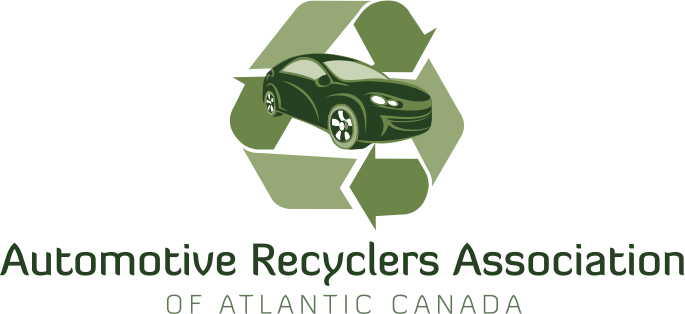 The Ontario Ministry of the Environment & Climate Change (MOECC) approached the Ontario Automotive Recyclers Association (OARA) to see if they could make a joint presentation to the auto recycling industry at the ARA Convention in Nashville. We readily accepted the offer as we have genuinely been impressed with the level of collaboration that exists in Ontario between government and industry.
The Ontario Ministry of the Environment & Climate Change (MOECC) approached the Ontario Automotive Recyclers Association (OARA) to see if they could make a joint presentation to the auto recycling industry at the ARA Convention in Nashville. We readily accepted the offer as we have genuinely been impressed with the level of collaboration that exists in Ontario between government and industry.
OARA has been involved with the MOECC for three to four years to bring effective government oversight to the auto recycling sector. Like many jurisdictions around the world, auto recyclers in Ontario suffer from an unlevel playing field from unlicensed businesses or underground businesses competing for access to the vehicles that are the lifeblood of our industry. In Ontario, a historical Wrecker Licence exists, but it does not address environmental management at sites. The government recognizes that standardizing the way auto recyclers are required to manage environmental issues could reduce risks. OARA also concludes that the limited regulation of the industry only encourages the “race to the bottom” where everyone loses.
The MOECC’s mandate is environmental protection but the government also needs to balance regulatory decisions against other government priorities such as job creation, regulatory burden reduction, and setting a healthy business climate. Against this backdrop, OARA and a wide variety of industry stakeholders have been working with Ontario to bring about positive change. This activity also coincides with the national associations efforts to bring change across Canada.
OARA proposed to the MOECC the need for a standards based license for any participant in the ELV supply chain, including dismantlers, crushers and shredder. The standards were based on CAREC – the Canadian Auto Recyclers Environmental Code, and therefore has a track record of implementation by different sector participants.
As a result of the MOECC’s analysis of the proposal and ongoing consultation, the MOECC developed a proposal for ELV processing standards that culminated in a discussion paper and consultations throughout early 2014. The principal elements of the paper include: 1. Vehicles must be depolluted prior to crushing or shredding; 2. All recycling businesses must register with the ministry; 3. Site requirements for waste storage, working under covered structures, personnel training, mitigation of noise, torching emissions and dust control; and 4. Provincial officers enforce compliance over a phased implementation.
The ministry needed comprehensive feedback from as wide a range of views as possible. While the discussion paper was published on a government consultation website, they needed direct input from people in the business and anyone that could be impacted by the proposal. The MOECC held public meetings throughout the province to explain the proposal and have a discussion, and OARA was critical in getting the word out to their members and to the broader sector. OARA also helped the MOECC anticipate areas of concern likely to be raised at meetings.
The MOECC heard that there is support for the proposal, though not unanimous, for moving the proposal forward provided it is modified to address concerns. The government is now in the process of drafting the regulations that will encompass much of the feedback they received during the consultation process. They have also committed to further consultation on draft regulations prior to moving forward.
Some of the conclusions that the MOECC have drawn from this process?
- Good regulations require deep understanding of the businesses and people they impact;
- Partnership with OARA has opened doors for conducting site visits, even with non-OARA members, and motivated the industry to talk frankly with us;
- Partnership has allowed us to find common ground and move toward something that increases environmental protection but is supported by industry;
- An adversarial approach could have compromised our ability to understand the sector and to get support for passing regulations.
Some of the conclusions that we as auto recyclers have drawn from this process?
- Government has been open to hearing from Industry on what the myriad of problems are, plus the different solutions that are required;
- Direct discussions allow the dialogue to move from “Government needs to solve this” to “We need to solve this with Government’s help and structure.
- Good solutions are not handed down from Government in a vacuum – it is more of an iterative process to get it right.
“Presenting with OARA at the ARA conference in Nashville was an excellent opportunity for the MOECC. It gave us a chance to showcase how we are taking a collaborative approach to developing new environmental standards and it was a great forum to talk to people from around the world about vehicle recycling and to learn from their experience. What we learned about the latest industry trends, best practices and technological advances at the conference will help inform any future regulations for the processing of end-of-life vehicles in Ontario.” –Chris Goode, MOECC Project Leader
by Steve Fletcher, OARA Executive Director. Published originally in Automotive Recycling Magazine January 2015
The post Government and Industry Collaboration: an Ontario Example appeared first on Automotive Recyclers of Canada.
